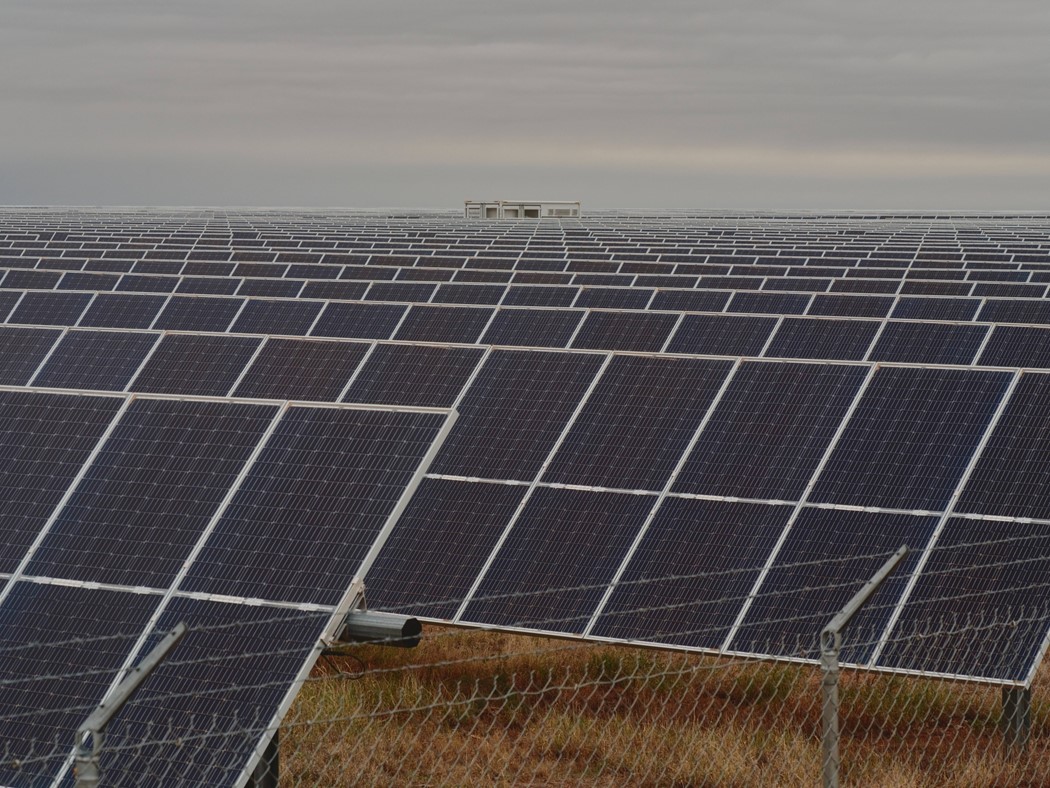Crippling Clean-Energy Tax Credits Won’t Fly, GOP Senators Say
May 22, 2025 by Bloomberg(Bloomberg) -- The House’s draconian cuts to former President Joe Biden’s landmark climate law won’t fly in the Senate, key Republican senators said Thursday.
Just hours after the House narrowly passed a massive tax and spending bill gutting key clean-energy tax incentives, Senate Majority Leader John Thune said the Senate was planning its own effort.
“They give us a good product to work with but we have senators who want to write our own bill,” Thune said.
Other Republican senators said they were already planning to make changes.
Softening aggressive phaseouts of key tax credits for clean electricity production and nuclear power projects are among the top priorities, said Senator Lisa Murkowski, a moderate Republican from Alaska who has bucked her party on key votes before.
“I’m concerned about the direction the House takes,” Murkowski said. “Obviously we have our work cut out for us.”
Senator John Hoeven, a North Dakota Republican, said he expected the Senate to make changes to limits the House put on the ability of project sponsors to sell tax credits to third parties.
Still, tough talk by Senate Republicans might not translate into action. Republicans who opt to vote against President Donald Trump’s top legislative priority risk the wrath of the president and as well as potential primary challenges, said Chris Moyer, a former Democratic Senate staffer.
“At the end of the day they are going to vote for a bill extending tax cuts for millions of Americans,” Moyer said.
While some moderate Republicans in the Senate have vowed to defend the energy credits, the tight margin in the House — where Speaker Mike Johnson can only afford to lose three votes — may limit their ability to act as a firewall, said James Lucier, managing director at research group Capital Alpha Partners.
“The Senate will have a mind of its own,” Senator John Curtis, a Utah Republican who previously chaired the Conservative Climate Caucus when he served in the House of Representatives. But he added: “I think we’re also very well aware that it’s a tenuous situation in the House and that will be respected.”
Still, renewable energy stocks are tumbling, even as some Wall Street analysts suggested a final bill isn’t likely to be as damaging to the industry.
Shares of Sunrun Inc., America’s biggest rooftop-solar company, plunged 37% Thursday — the most ever. Equipment provider SolarEdge Technologies Inc. slid 25%. NextEra Energy Inc., the biggest US developer of wind and solar projects, dropped 6.4%.
Analysts at Roth Capital Partners said in a note the bill’s “biggest surprise” for the clean-energy sectors would be denying residential solar-leasing companies the federal investment tax credit. This would hurt several home-energy companies that offer lease options for rooftop-panel systems.
“The impact to Americans is that this will make energy bills more expensive,” Sunrun Chief Executive Officer Mary Powell said in an interview. “It will slash consumers’ access to affordable, reliable solutions.”
While the House GOP bill would take a sledgehammer to Biden’s Inflation Reduction Act, it’s “not yet a finishing blow,” analysts at Jefferies wrote in a note. “We don’t expect this to last into Senate draft.”
If passed without revision, the House bill would be the biggest blow to clean power yet from Donald Trump’s administration. The president has been keen to undo Biden’s climate legacy and has already throttled the country’s fledgling offshore wind sector.
The House bill represents a “nightmare scenario for US clean energy advocates and defenders of the Biden-era IRA,” BloombergNEF analysts Ethan Zindler and Derrick Flakoll wrote in a note. The provisions that bar US projects from using components, subcomponents or even materials from China would make it nearly impossible for US solar and battery manufacturers to qualify for the tax incentives, they wrote.
The House GOP bill would end technology-neutral clean electricity tax credits for sources including wind and solar starting in 2029 and require those projects to begin construction within 60 days of the legislation becoming law. The initial version proposed by House Republicans had a longer phase-out time, allowing many of the credits to exist until 2032.
Without the tax credits, returns for renewable power plants could drop below threshold necessary to stimulate investment and likely spur a strategic capital shift away from the US, Bloomberg Intelligence wrote in a note.
“Without tax credits it’s harder to invest,” Bobby Chada, an investment analyst at Capital Group, said in an interview on the sidelines of the Aurora Energy Research conference in London.
(Updates shares in the 13th paragraph and adds comment from Sunrun in the 15th paragraph.)
©2025 Bloomberg L.P.
By


















